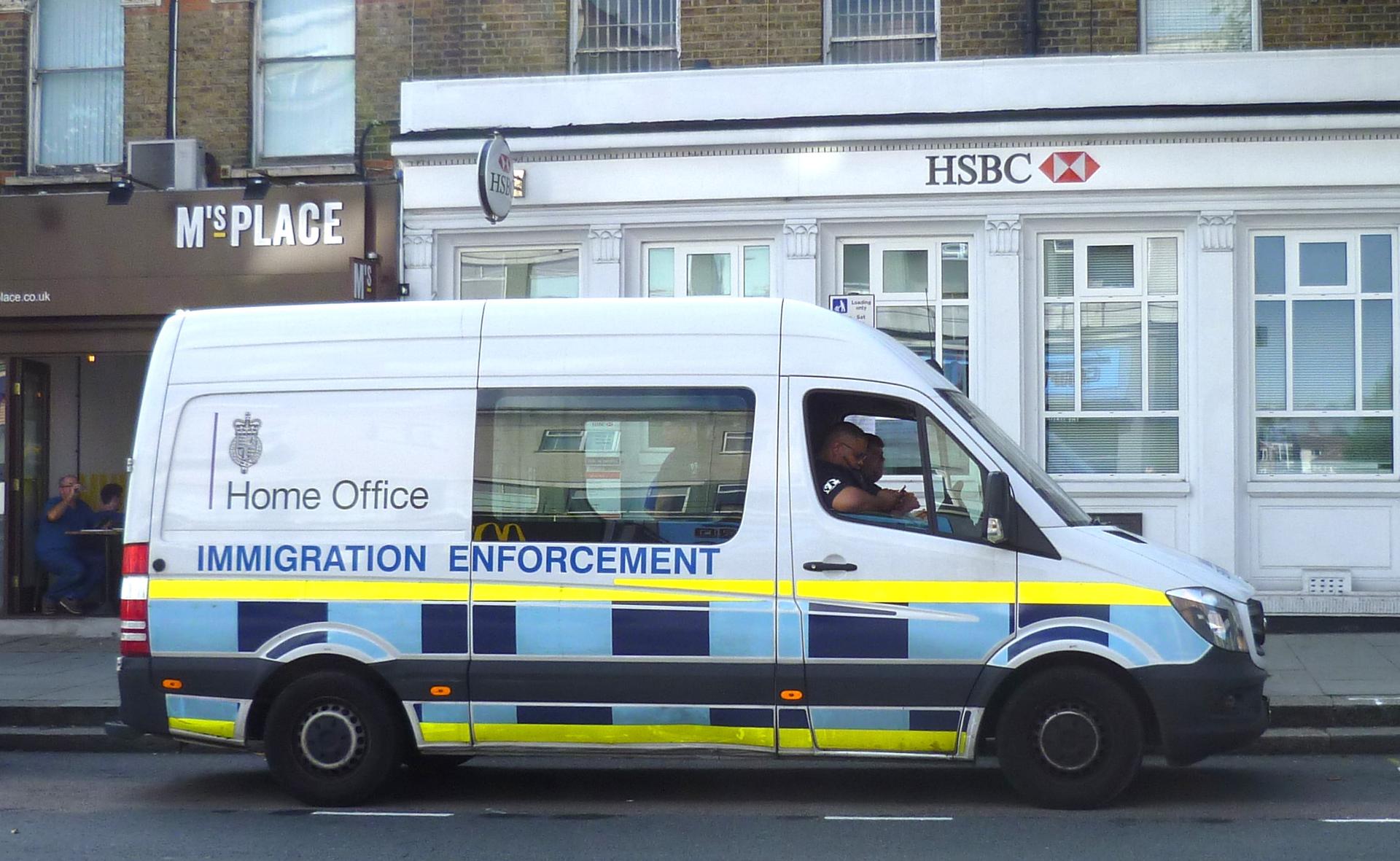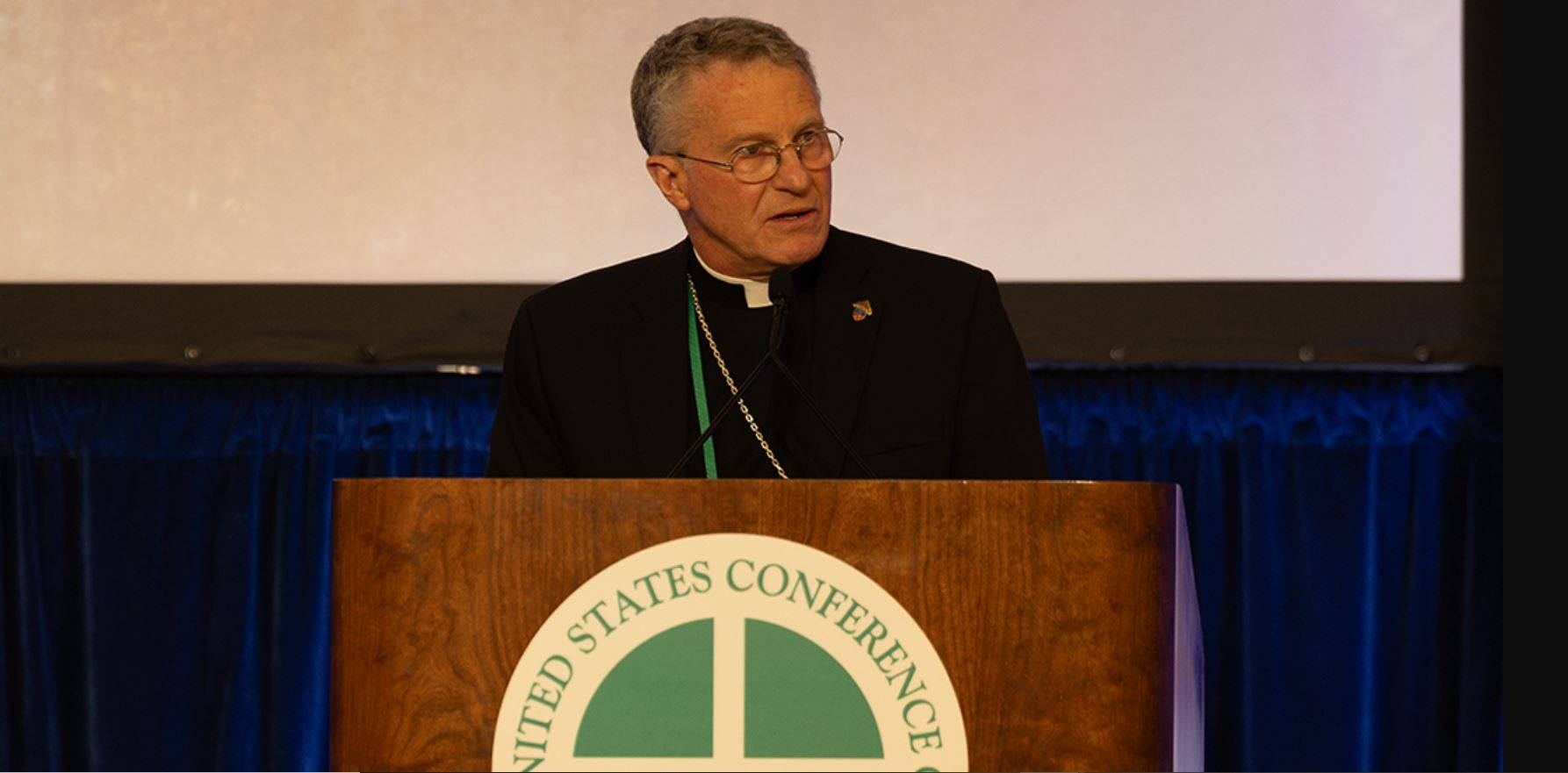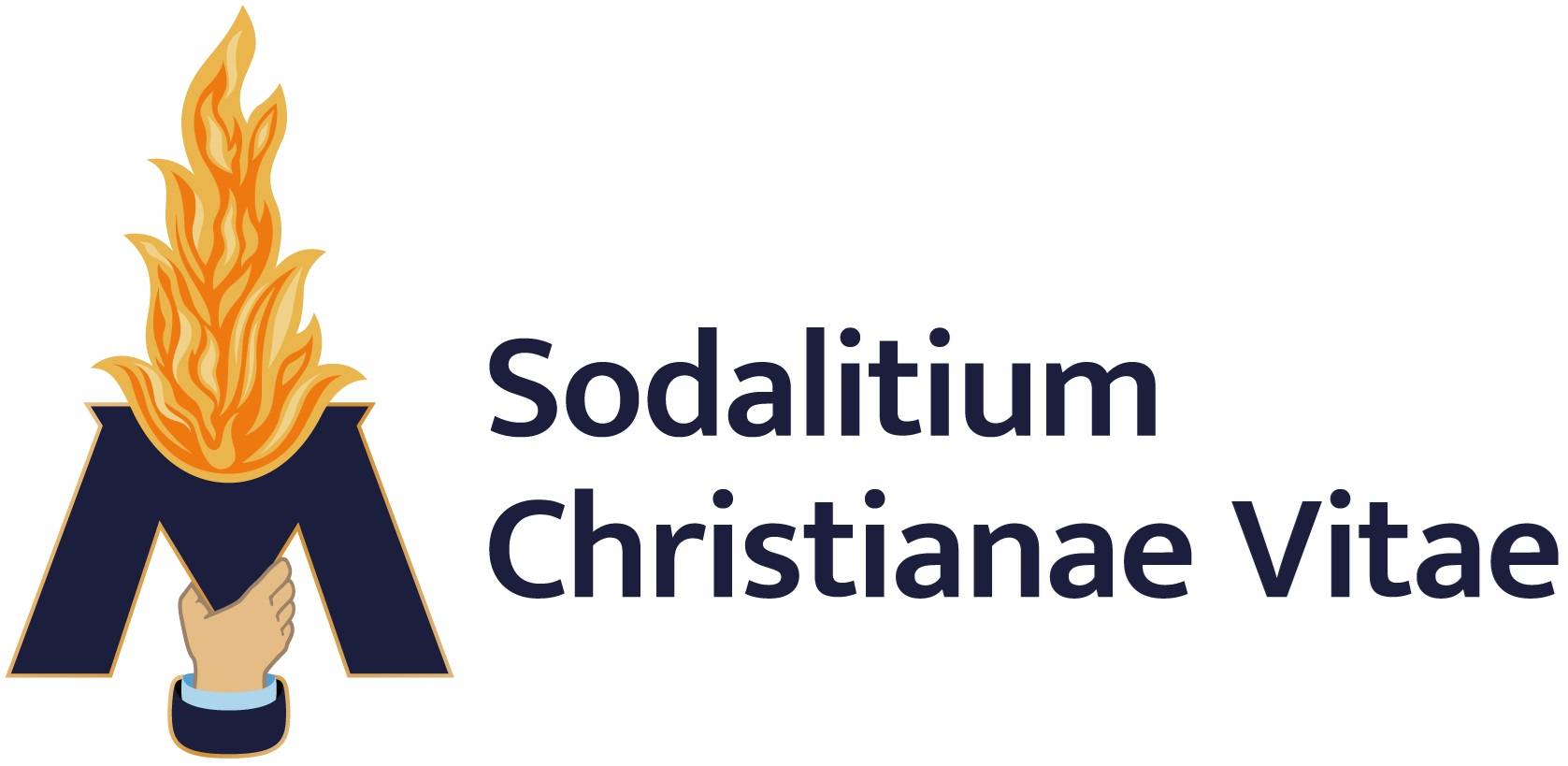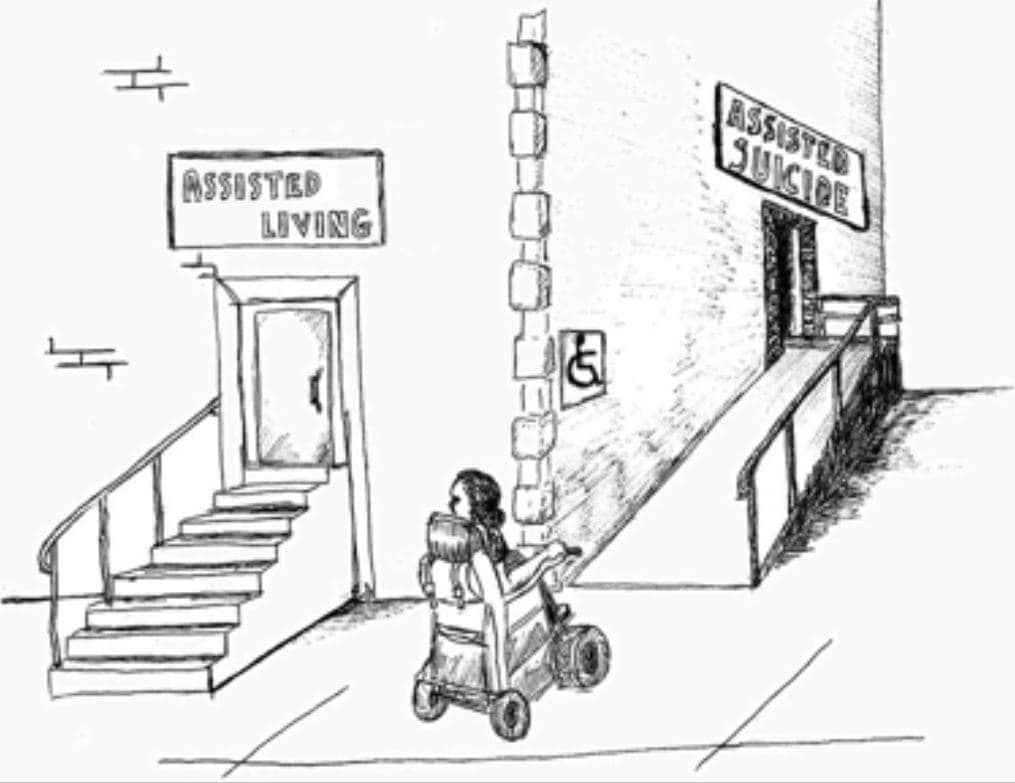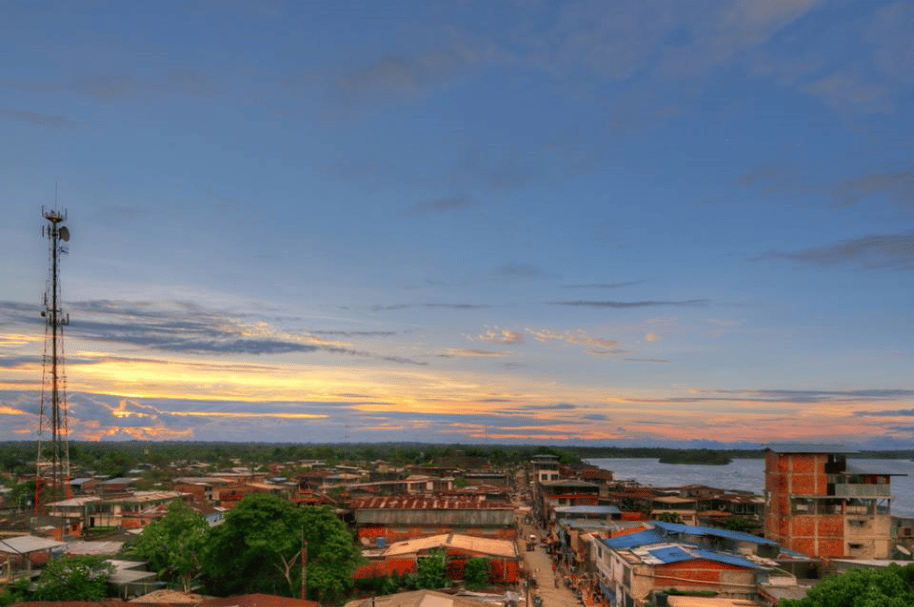LEICESTER, United Kingdom – A leading Catholic group opposed to modern slavery has welcomed UK Safeguarding Minister Jess Phillips pledge to “eliminate” the backlog on cases involving the issue.
Last week, Phillips said the government “will use every lever at its disposal to support them [victims] while we pursue those who callously profit from their trauma and misery.”
“For too long, modern slavery survivors and the harrowing experiences they have lived through have not been given the attention and support they deserve,” she said.
Supporting victims of modern slavery is one of my top priorities and there is much more to do,” she added.
The UK government defines modern slavery as the illegal exploitation of people for personal or commercial gain where victims are forced into work for little or no pay, including sex work and criminal activity.
The Santa Marta Group said it welcomes the government’s pledge, but added “systemic reform is still required to help victims.”
The Santa Marta Group is an international alliance of police chiefs and prelates which takes its name from the hotel within the Vatican grounds where Pope Francis has lived since his election in 2013. The coalition was formed in 2014, at the initiative of the Catholic Bishops’ Conference of England and Wales.
The group noted that in her address, Phillips pledged to recruit 200 extra staff to the UK Home Office to address the delay that suspected victims are facing in having their cases processed.
Currently, many victims face long delays in having their status as a victim of modern slavery confirmed through the national referral mechanism, leading to prolonged uncertainty and mental health suffering.
“The Minister is right to state this as one of her ‘top priorities’, with more than 23,000 suspected victims of modern slavery currently having to wait on average over 500 days for a conclusive decision from the Home Office on their status,” the Santa Marta Group statement says.
The group urged that the 200 staff appointed are “qualified, trained and supported to a level appropriate for the severity of the decisions being made, and the life-changing impact those decisions will have.”
“As many organisations have repeatedly reported, the conflation of modern slavery with immigration in recent years has been very harmful. Policies creating a hostile environment for immigrants have in turn endangered survivors of modern slavery; those experiencing exploitation fear being treated as criminals rather than as victims of a crime, and therefore avoid reporting their abuse,” the Catholic-supported group said.
It noted the Illegal Migration Act (2023) would consider people who have been trafficked into the UK illegal entrants liable for detention and deportation, and “it is hard to imagine any other crime holding life imprisonment whose victims might be treated in such a way.”
“This threat of hostility from authorities is routinely used by perpetrators to control their victims – the claim that seeking help will only result in further trouble preventing people from reaching out. It is unsurprising therefore that survivors are so often wary to report the crimes committed against them, and identification and prosecution rates remain woefully low,” the Santa Marta Group says.
It added the new UK government elected on July 4 “has a long way to go” in unpicking the legislation and narratives that “built a culture of fear” for those in the UK irregularly, including those who have been trafficked.
“We see this conflation of immigration and modern slavery perpetuated even in the structure of the National Referral Mechanism, where the responsibility of identifying victims lies not with the police or justice system, but with the Home Office,” the group says.
The UK’s first independent anti-slavery commissioner wrote a set of recommendations to the Home Secretary on the structure of the National Referral Mechanism (NRM) in 2017, identifying many of the same flaws seen today.
The NRM is a framework for identifying and referring potential victims of modern slavery and ensuring they receive the appropriate support.
Santa Marta Group repeated its support for the recommendations made in 2017 recommendations made by the UK’s independent anti-slavery commissioner: “That the processing of these cases should not sit with a government office, but with an NRM partnership between law enforcement and civil society. This would allow for criminal investigators and care providers to work together with a shared goal of survivor welfare, shared intelligence, and criminal prosecutions.”
The Catholic-supported organization said it was “optimistic” about Phillips’s “appetite for reform of the NRM and hope this commitment will mark the start of a more progressive approach to both prevention of modern slavery and support for those affected.”
Follow Charles Collins on X: @CharlesinRome
